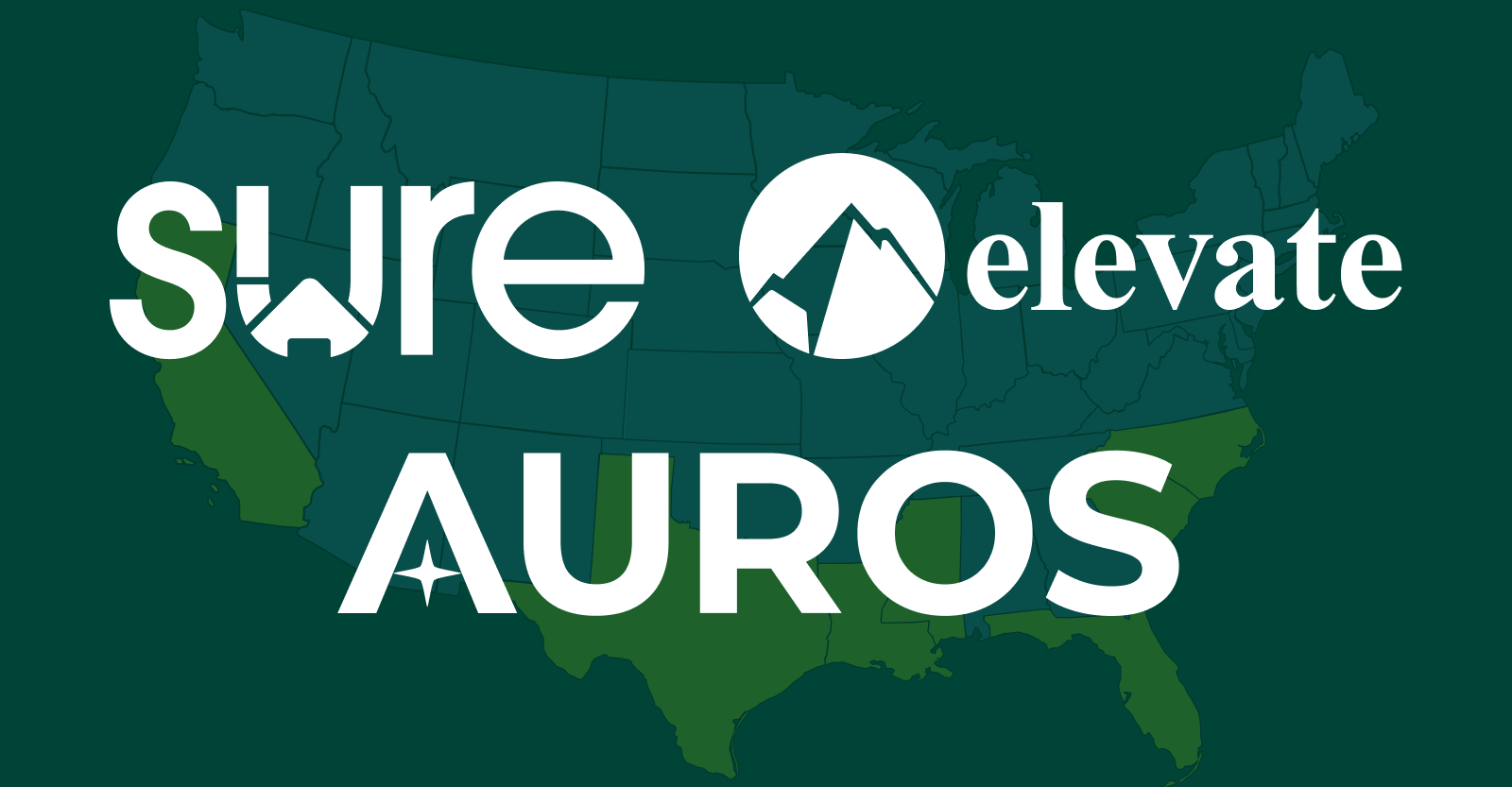
Reciprocal Exchange: 5 Reasons SageSure Trusts the Reciprocal Model
October 17, 2024 — Business insights | Insurance insights
A reciprocal insurance exchange is an insurance company owned by policyholders (also called subscribers or members), making them both the insured and the insurer. In this model, policyholders agree to insure each other’s risks by paying their premiums into a shared pool. The exchange draws from this collective fund to settle claims for any member who experiences a covered loss.
While a less common structure than stock or mutual insurance companies, this model is becoming more popular in niche or specialized insurance markets because of its unique benefits for policyholders, insurers, and carriers. In fact, SageSure partners with several reciprocal exchanges to bring capacity to challenging markets, including SureChoice Underwriters Reciprocal Exchange (SURE) in California, Texas, Louisiana, Alabama, Mississippi, Florida, South Carolina, and North Carolina; Elevate in Texas, Louisiana, and South Carolina; and most recently Auros in Texas and Louisiana.
Here are the five reasons SageSure partners with reciprocal exchanges.
1. Reciprocal Exchanges Put Policyholders First
Reciprocal exchanges take a customer-first approach to insurance. When a policyholder purchases a policy from a reciprocal exchange, they own a small part of the company.
But that doesn’t mean they have to run the company! An attorney-in-fact (AIF), a person or organization authorized by the members, manages day-to-day operations of running the business. Policyholders sign a Limited Power of Attorney form that allows the AIF to manage the company on their behalf.
Because the reciprocal is beholden to its policyholders’ interests—rather than those of shareholders—members often have influence and voting power in major decisions. Transparency often increases member satisfaction and trust.
2. Reciprocal Exchanges May Minimize Costs for Insureds
With an absence of shareholders and a focus on policyholders’ best interests, reciprocal exchanges can potentially provide lower premiums and maintain affordability, even with a surplus contribution.
As each subscriber joins the exchange, a surplus contribution is collected. These surplus contributions are calculated as a percentage of the policy premium and can provide extra financial support for paying claims.
Even with a surplus contribution, reciprocal exchanges tend to have lower administrative costs, which helps them keep prices lower over time. Plus, if the reciprocal caters to policyholders that share lower risk profiles, they may be eligible for more competitive premiums too.
3. Reciprocal Exchanges May Have Lower Capital Requirements
A reciprocal exchange’s distribution of risk and capital helps it maintain a leaner financial structure. It requires less third-party capital to underwrite policies, enabling reciprocal exchanges to scale more quickly. As the exchange grows its membership base, it can increase its underwriting capacity without significantly increasing its capital reserves. This scalability is particularly beneficial in markets where capacity is in high demand, allowing the exchange to provide much-needed coverage while maintaining financial stability.
4. Reciprocal Exchanges Foster an Alignment of Interests
The shared structure of reciprocal exchanges can foster long-term stability in part driven by an alignment of interests. Because members have a stake in the exchange, it can lead to better results and more affordable premiums. For example, they may be more likely to engage in risk management practices, further mitigating potential losses.
5. Reciprocal Exchanges Often Cater to Niche or Challenging Markets
Because reciprocal insurance exchanges often have lower capital requirements than traditional insurance companies, they can be an attractive model for new players. In recent years, more reciprocals have entered challenging markets traditional insurers have exited to help fill the capacity gap. This is why reciprocals may be better positioned to offer specialized coverage: they tend to start by fulfilling a specific market need and growing from there.
The reciprocal’s focus on its members also incentivizes a more specialized approach to coverage. Their focus on the needs of the individual policyholder and the type of risk they’re targeting can lead to more tailored solutions.
Why Choose a Reciprocal Exchange for Your Insurance Needs?
A reciprocal exchange offers a unique blend of ownership, cost efficiency, flexibility, and customer focus while providing strong financial stability due to its conservative management and risk-sharing model. Reciprocal exchanges prioritize long-term financial health and sustainable growth over short-term profits. This model can provide greater stability for policyholders in challenging insurance markets.
Interested in seeing what reciprocal exchanges can offer? SageSure is proud to provide policies on behalf of reciprocal exchanges SURE, Elevate (available exclusively through Goosehead Insurance), and Auros.
